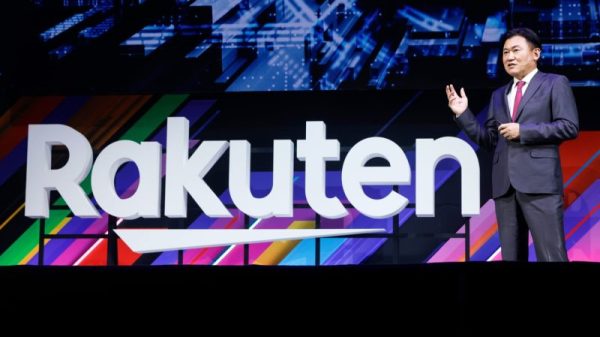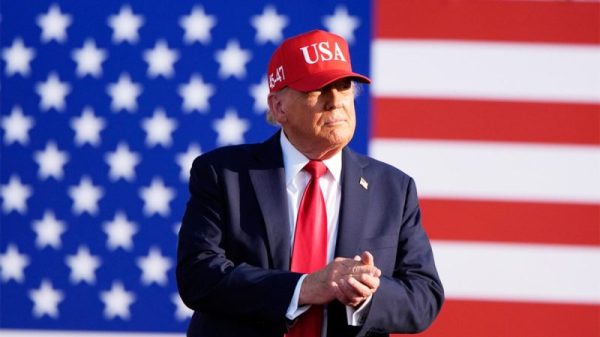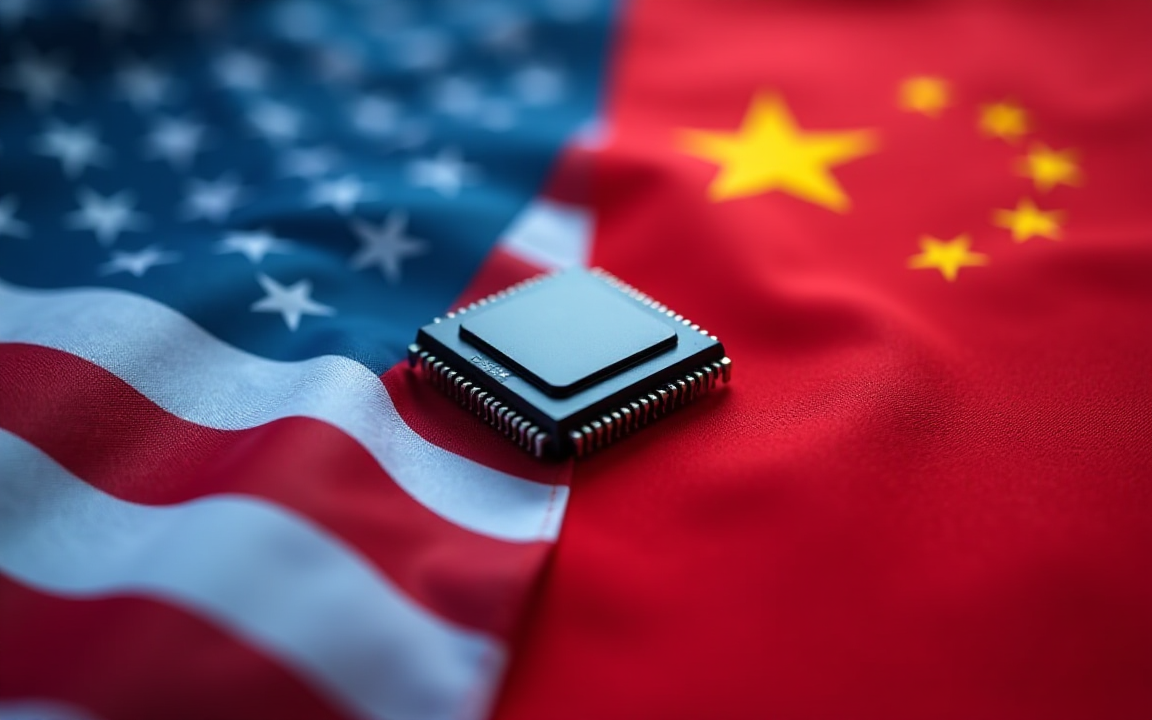The United States has eased restrictions on the export of semiconductor design software to China, a move that provided a notable boost to shares of leading electronic design automation (EDA) firms on Thursday.
According to The Wall Street Journal, Synopsys, Cadence Design Systems, and Germany’s Siemens were informed by the Bureau of Industry and Security that previous curbs were being relaxed.
Shares of Synopsys and Cadence each rose around 5% in premarket trading, while Siemens gained 1.5% in Frankfurt.
The development marks a significant shift in policy and comes amid broader efforts by Washington and Beijing to stabilize trade relations after years of escalating tensions.
The latest decision follows last week’s announcement of a trade framework agreed upon in Geneva and suggests a thaw in what has been a prolonged and complex tech rivalry between the world’s two largest economies.
The easing of these export controls is particularly important for semiconductor design firms, which rely heavily on access to international markets.
Design software—used for creating the blueprints of advanced chips—is one of the most sophisticated elements in the chip supply chain and was among the technologies tightly restricted in recent years as part of US efforts to limit China’s access to cutting-edge semiconductor tools.
Companies begin restoring access and assessing financial impact
Synopsys confirmed in a statement that it had been notified of the change and was already working to restore access to affected products in China.
“Synopsys is continuing to assess the impact of export restrictions related to China on its business, operating results and financials,” the company said.
Siemens also acknowledged the reversal. “We appreciate the patience of our customers as we have navigated the rapidly changing global trade landscape and understand the inconvenience this may have caused,” a spokesperson said.
Cadence and the US Commerce Department did not immediately respond to requests for comment.
The restrictions had caused uncertainty in the sector and disrupted some business operations in China, one of the largest markets for chip design and production.
The removal of these limits is expected to ease near-term headwinds and support revenue growth in the second half of the year for companies like Synopsys and Cadence.
Trade deal with Vietnam adds momentum to broader framework
The policy shift coincides with the announcement of a trade agreement between the US and Vietnam, aimed at closing loopholes that could allow Chinese companies to bypass tariffs by routing exports through neighboring countries.
The deal lowers tariffs on Vietnamese goods to 20% from 46%, but introduces a 40% rate on goods re-exported through third countries.
The Vietnam deal is seen as a first step toward a broader regional framework, with the US eyeing similar agreements with countries like Thailand, Malaysia, and the Philippines.
However, President Donald Trump said this week that a trade pact with Japan remains unlikely in the near term.
Together, the easing of chip export restrictions and the regional trade deals point to a new phase of US trade policy in Asia—one focused on reducing volatility and providing longer-term clarity for businesses navigating a fragmented global landscape.
The post Synopsys, Cadence rally as Washington rolls back China chip restrictions appeared first on Invezz


































